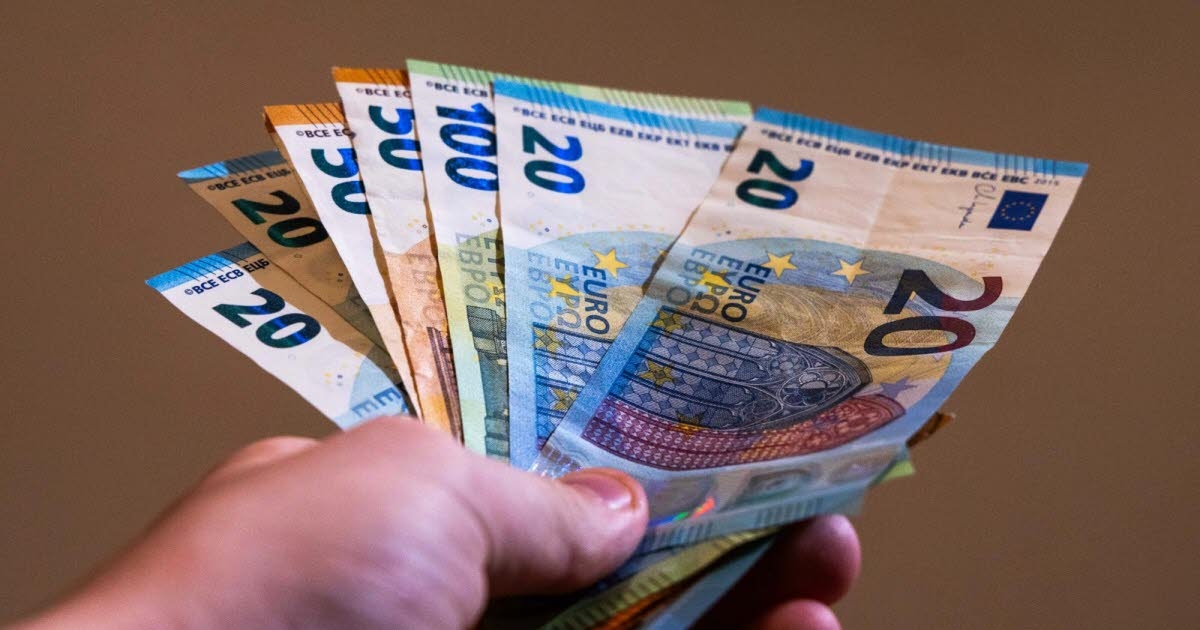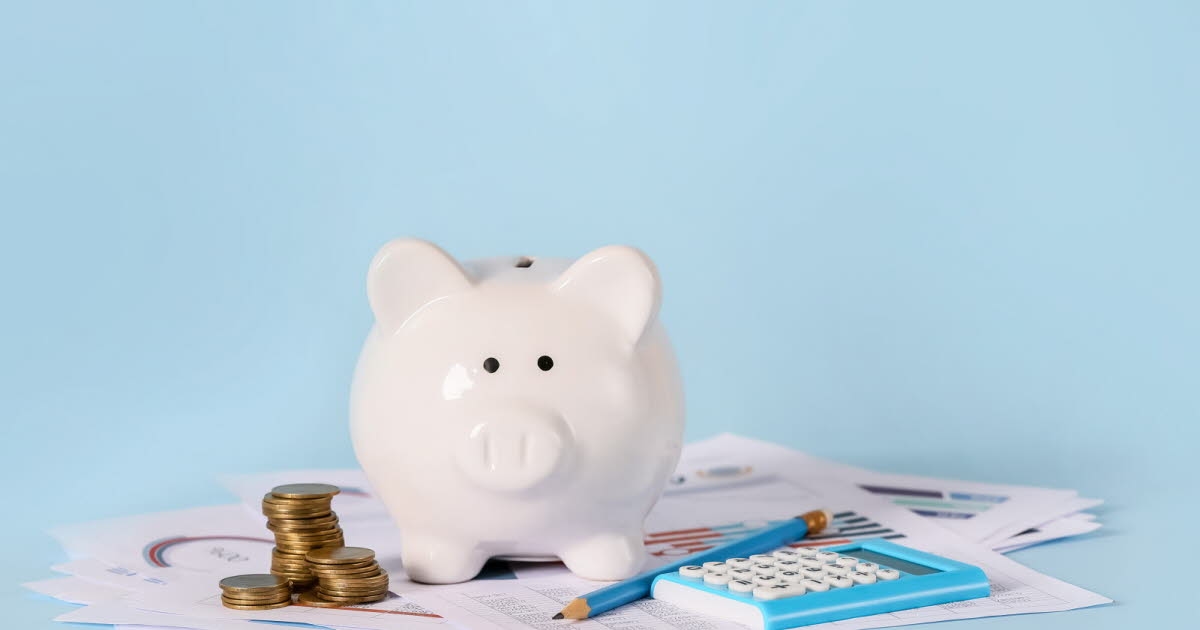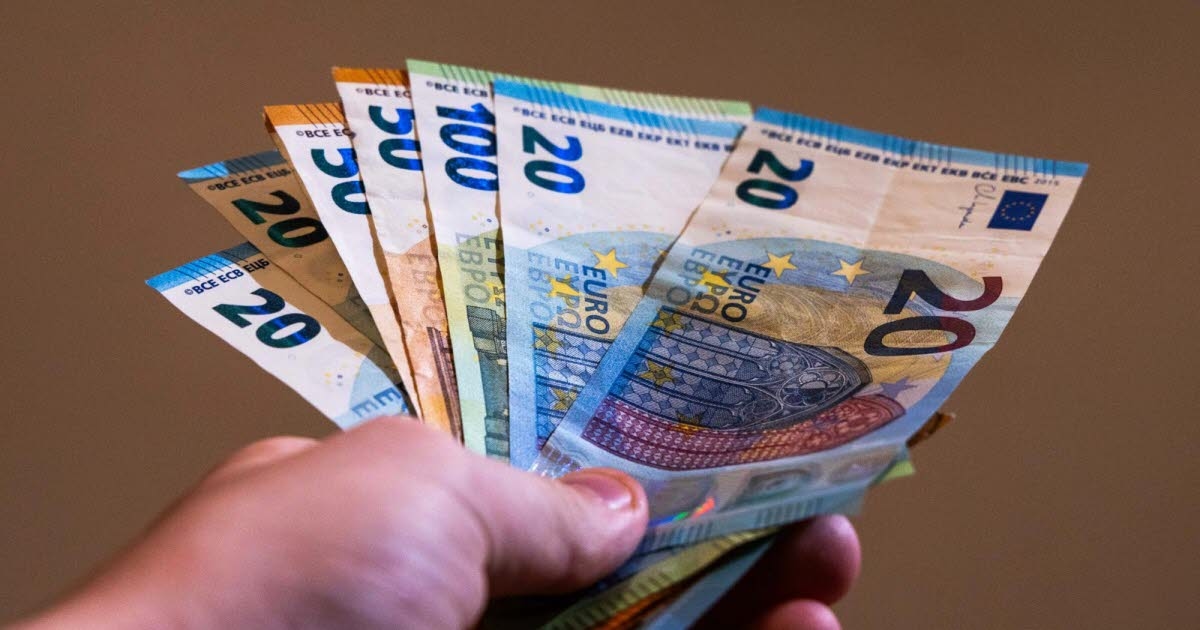Testimonial. "Like a shot of dopamine": how Maxence fell into the trap of consumer credit

Series: The Spiral of Over-Indebtedness [1/3] - Buy now, pay later. In just a few minutes, it's possible to borrow a significant sum of money through consumer credit. But behind the promise of this financial boost sometimes lies a spiral of debt that's difficult to break. Maxence experienced this firsthand. He tells his story.
“Today, it’s so easy to get a loan. In just a few clicks, you can have money in your account.” Maxence (*) was tempted. In his early twenties, with his driver’s license in hand, he decided to borrow a small sum of money: €5,000 to buy his first car. He managed to get the money quickly through his bank. And then he discovered that online, a consumer loan could be obtained in minutes, without needing to justify a project . These loans, granted by a financial institution or through a retailer, range from €200 to €75,000 for the purchase of consumer goods (appliances, moving expenses, cars, furniture, electronics, travel). A helping hand when you have to face a large expense without having the funds.
A convenient but dangerous tool : this ease can lead borrowers into a spiral of debt that is difficult to break. The man from Dijon experienced this firsthand for about ten years. "They were small sums: 2,000, 3,000 euros to buy silly things, the latest phone. I was young and I didn't realize it. In a few minutes, I signed up, and two days later I had the money in my account; it was easy. I didn't think about the fact that I would have to pay it back later. It was like a shot of dopamine," he recalls.
He then entered a spiral of debt. When, a few years later, he became a father, he borrowed to buy things for the children, for rent, and for everyday living expenses. "My biggest loan was for the purchase of my second car: €11,000," adds Maxence. He took out up to ten loans at the same time, which put him in a critical financial situation. "It's a vicious cycle. Then you take out one loan to pay off another, the repayments multiply. After a while, my salary was no longer enough to repay all the loans. Added up, all my monthly payments absorbed my entire salary: about €1,600," recounts the Dijon native.
A debt relief application to get out of debtAfter about ten years of this pattern, he finally had a breakthrough: overwhelmed by multiple repayments, he sought help from a Dijon-based association, Point Passerelle, which specializes in supporting people with financial difficulties. "They helped me file for debt relief with the Bank of France. They then took over to analyze all my monthly payments with the various credit institutions, so I could spread them out. My monthly repayments were reduced to less than 400 euros," explains the now thirty-something. He can finally breathe a sigh of relief. "I was no longer overdrawn at the end of the month. Now I can go out, I have hobbies, which I didn't have before."
However, this approach to the Bank of France places you in the File of Repayment Incidents for Consumer Credit (FICP) and entails a number of constraints: the authorized credit card is a card with systematic authorization (payment is accepted only if the balance is sufficient), bank overdraft and payment by check are prohibited, as is taking out a new loan, generally for five years.
Looking back, Maxence admits he fell into this very tempting trap. "We see so many ads on television encouraging us to do this, and it looks so easy that in the end, we go for it. We're pushed to consume. It's presented as an easy way out, a miracle solution, without any consideration of all the risks involved," he laments. He even remembers taking out a microloan through an app on his phone. "It was for 200 euros, and it was settled in just a few clicks. It's so easy that you don't even feel like you're spending money, or at least that you're going to owe it, because you're no longer aware of it," he explains.
While advertisements will always exist, Maxence would like to see more prevention efforts on this subject. "Back then, all I saw was the money coming in. And then when it was time to pay it back, I took out another loan, and so on. We need to do prevention work, maybe in schools, like we do for drugs and alcohol," the young man suggests.
Maxence took a long time to talk about it and ask for help because, like many people in financial difficulty, shame, guilt, or fear of judgment prevailed, even though solutions and organizations exist that he can talk to. "Thank goodness they exist, because I didn't even know you could take this kind of step. Honestly, it changed my life," he acknowledges, now almost out of this vicious cycle.
(*) First name changed.
Le Progres





